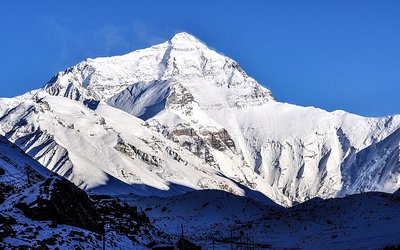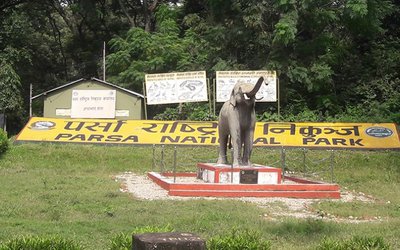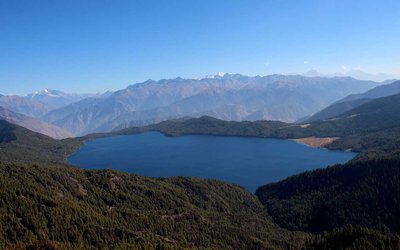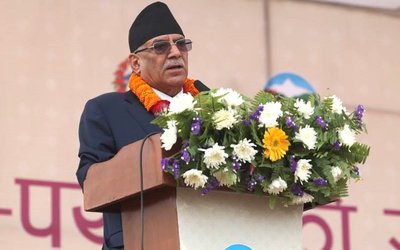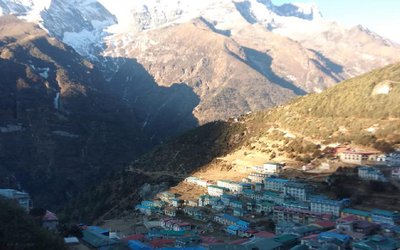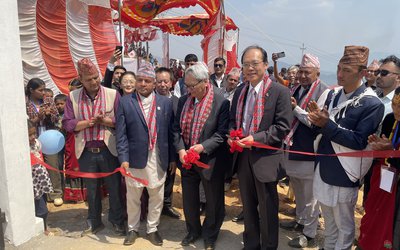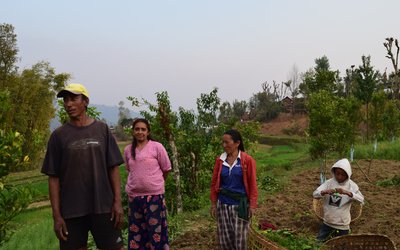The year 2011 was devoted to tourism development in Nepal. The country aimed at bringing 1,000,000 visitors and actually welcomed half that number. Nepal is one of the poorest countries in South Asia and through tourism, the economy, it is believed, can grow and the country can prosper. Nepal can easily profit from its ancient cities like Baktapur and Patan, or its numerous mountains for trekking in the Himalayas. Additionally, it offers a jungle experience and a search for tigers and rhinos in the national park of Chitwan. However, the question needs to be asked: at what expense?
Five years ago, I visited Nepal for the first time and fell in love with Chitwan. I adored, as many do, the experience of watching the rhinos appear every night at the riverside, the elephants pass by in the streets, enjoy the beautiful sunset over the jungle with a bottle of beer and the peace and tranquility of the green village.
This year I went back to revisit my beautiful memories. Unfortunately, I was let down by the changes that had come about in Chitwan over the years. When you walk back to your hotel after your visit to the jungle park and cross the river, the scenery has changed dramatically. A large, cold building rises out. My guide told me entrepreneurs are planning to build six more of those horrible eyesores. In my imagination, I could see the riverside changing into the coastline of my country, Belgium, where large apartment buildings pollute the skyline. My heart broke for Chitwan with that sight. My guide and I agreed that change has come to Chitwan, but is not always for the best. Many trees have been cut down and hotels have been built, in order to accommodate more tourists.
The charming lodge I stayed in during my first visit was gone and a concrete building was in its place. So, I stayed more in the village of Sauraha, in a guesthouse ‘Wild Horizons’ run by an English woman and her Nepalese husband. The couple started building their dream fourteen years ago, when it was still the ‘old Chitwan’. They use solar panels for hot water and when the power is cut, they use candles for light instead of using an alternator; unlike many hotels in the surroundings. They call it noise pollution and they have the right end of the stick. They are looking into a system to store solar energy for electricity in the future, without disturbing the nature, and hope others will follow their example. Regarding animal conservation, things are a bit better - no rhinos were poached last year and the tiger population is increasing. To be commended is the village’s commitment to litter collection and provision of rubbish bins.
Many tourists go to Chitwan on a package tour. This means that many small, eco-friendly guesthouses find it almost impossible to compete and this is not a positive evolution. I desperately hope Chitwan will not lose any more of its natural charm to the moneymaking big hotels. I understand that Nepal wants to please its tourists but it is up to the Nepalese to respect and preserve their true treasure: nature. In the end, that is why tourists come and will keep on doing so.
- TANAHU HYDROPOWER PROEJCT: A Significant Achievement
- Apr 15, 2024
- AMBASSADOR HANAN GODAR: Sharing Pain With A Nepali Family
- Mar 30, 2024
- VISIT OF KfW AND EIB TO NEPAL : Mission Matters
- Mar 25, 2024
- NEPAL BRITAIN SOCIETY: Pratima Pande's Leadership
- Mar 24, 2024
- NEPAL ARMY DAY: Time To Recall Glory
- Mar 15, 2024

